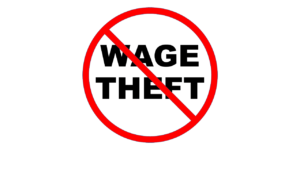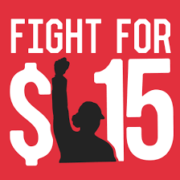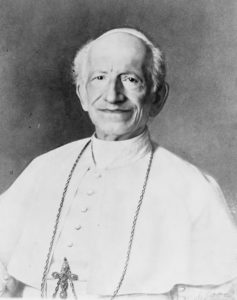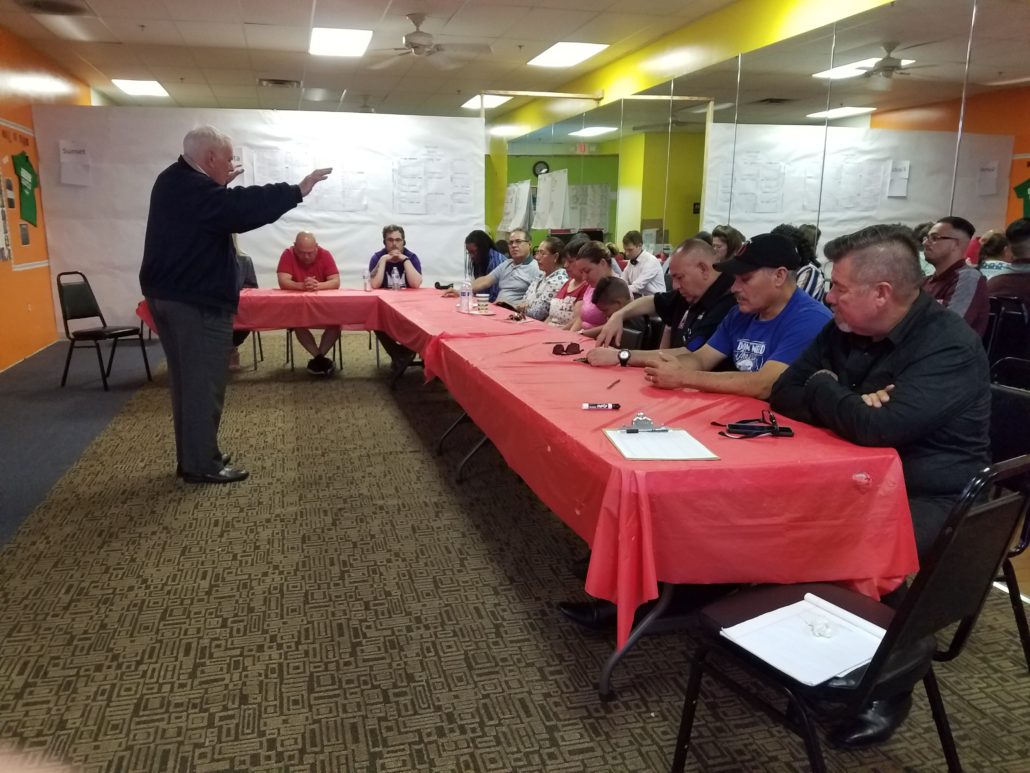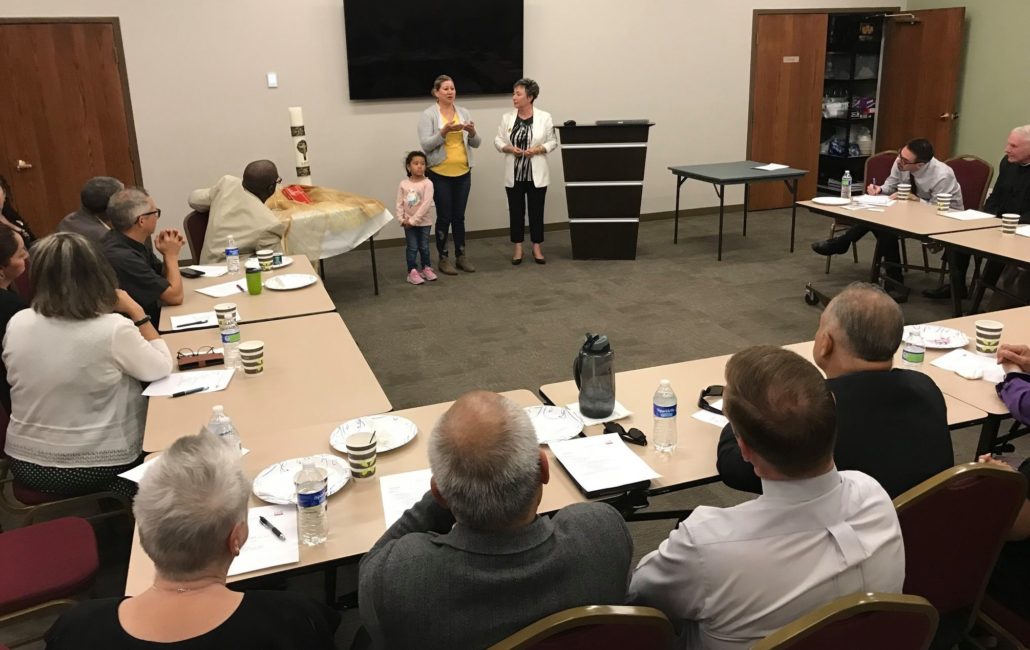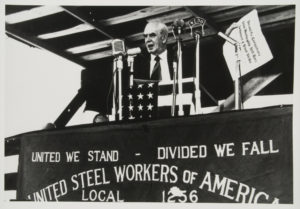One year after Janus
Supreme Court decision opposed by Bishops, unions impacting labor movement
Last year, in a narrow 5-4 decision, the Supreme Court struck a critical blow against social solidarity in Janus v. AFSCME. The conventional practice of American labor relations holds that workers in a particular place of employment are a community with shared concerns, so they choose as a group whether they wish to form a union and engage in collective bargaining. If a majority of the workers vote yes, the union represents everyone in the shop in bargaining and grievance handling, and everyone may be required to pay dues for its support. If the workers become dissatisfied with their union, they may vote to dissolve it – again, by majority rule. The workers go in together, and out together. Besides fostering social solidarity, this method addresses a practical issue that economists call the “free rider” problem: the union contract benefits everyone in the shop, whether they pay dues or not.
Mark Janus didn’t much care about social solidarity or the desires of his co-workers. An Illinois state employee covered by a union contract, he argued that his personal freedom of speech was violated if he had to pay any fees for the union’s services and maintenance. Naturally, the AFL-CIO and AFSCME (the American Federation of State, County and Municipal Employees) opposed Janus. Moreover, the US Conference of Catholic Bishops (USCCB) filed an “amicus brief” reviewing the history of Catholic Social Teaching on labor unions and supporting the union. The brief even compared the case to the notorious Roe v. Wade ruling, in that a decision for the plaintiff would in essence rule Catholic teaching unconstitutional. Nevertheless, the Court sided with Janus, and overnight so-called “right-to-work” policies were imposed on every public workplace.
Predictably, the year saw the number of “free riders” multiply. AFSCME and other unions representing public employees vowed to redouble their efforts to persuade “free riders” to join the union, with some success. A recent Politico story indicates that these “internal organizing” efforts, combined with (member-authorized) dues increases, prevented expected financial losses for the affected unions, at least in the early running.
Nevertheless, the spirit of individualism — the spirit of the “free rider” — is abroad in the land, and we are the poorer for losing one of our remaining frameworks for social solidarity.

